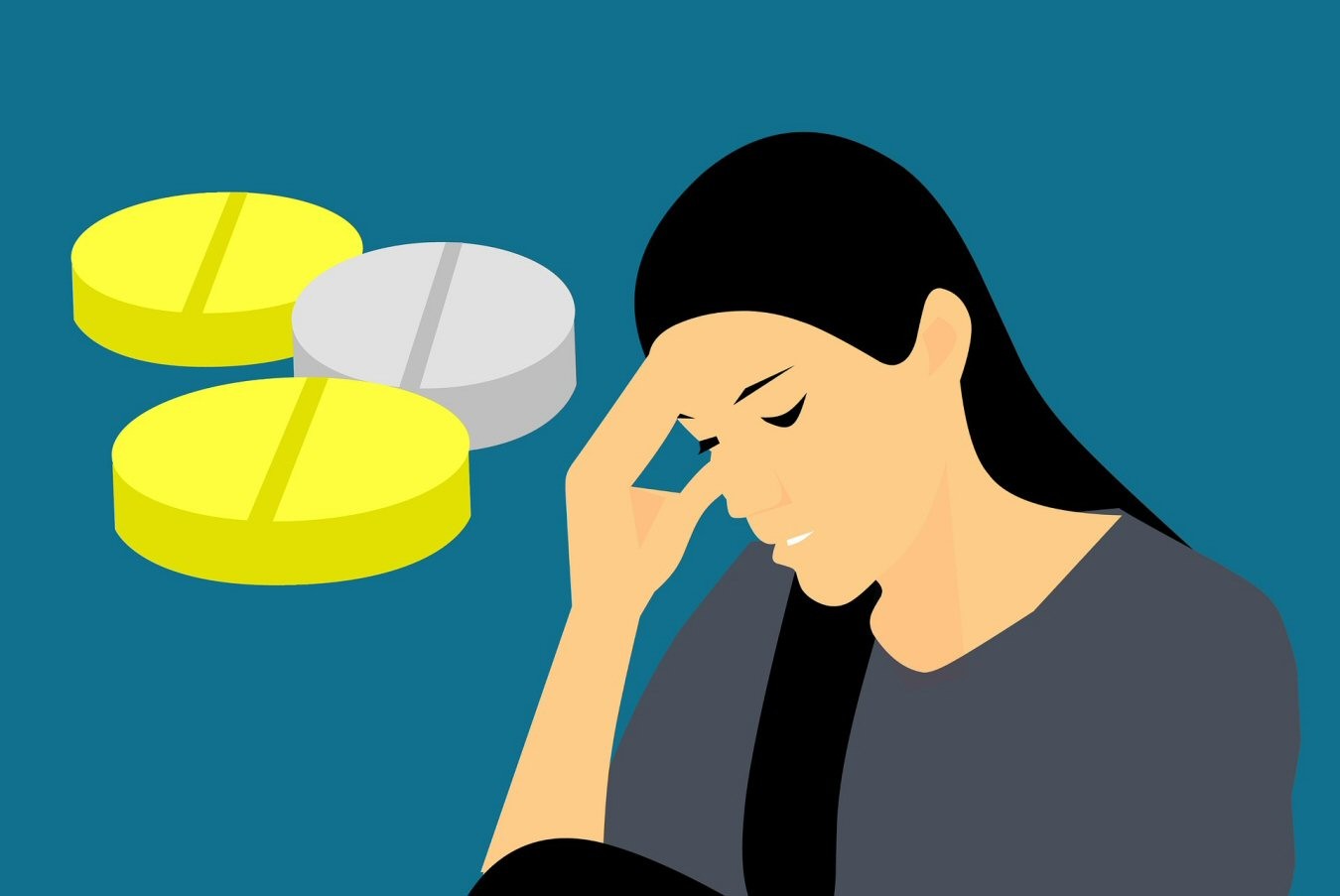There’s no denying the fact that brain health is critical for our overall health and well-being. Our brain is the control center of our body and controls numerous functions – from memory, speech, and thoughts to movement of different body parts. It also regulates the functioning of many organs.
“Brain disorder” is a broad term for any condition or disability that affects our brain. There are many conditions that can adversely affect the functioning of brain in different ways. Here we highlight the two most common brain disorders and what they do to our brain.
Depression
Depression is a serious but treatable mental illness that negatively affects a person’s thinking, behavior, and feelings. A depressed person loses interest in activities that s/he once enjoyed and continuously feels sad and/or hopeless. It can also lead to many physical and emotional problems.
How Does Depression Affect the Brain?
The following parts of the brain play a role in clinical depression:
- Hippocampus
– located near the center of the brain, this part is responsible for storing memories and for regulating the production of ‘cortisol’, also called the stress hormone. When hippocampus fails to regulate the hormone effectively, and excessive amounts of cortisol are sent to the brain for a long time (this is what happens in depression), the neurons that are present in hippocampus shrink and the production of new neurons is slowed down. As a result, this can create memory issues.
- Amygdala
– This part of the brain is responsible for facilitating emotional responses. In people suffering from depression, the continuous exposure to increased levels of cortisol causes the enlargement of amygdala and makes it hyperactive. This, when coupled with abnormalities in other parts of the brain, can disturb activity and sleep patterns and can also disturb the production of various chemicals and hormones.
- Prefrontal Cortex
– The excessive production of cortisol causes the prefrontal cortex – responsible for regulating decision making, emotions, and forming memories – to shrink.
Depression is a serious but treatable mental illness that negatively affects a person’s thinking, behavior, and feelings. A depressed person loses interest in activities that s/he once enjoyed and continuously feels sad and/or hopeless. It can also lead to many physical and emotional problems. Although it is treatable, individuals respond differently to different treatments and so it can be difficult for medical professionals to find the right option for each patient. Thankfully, more research has gone into this lately and there are alternative treatments, such as delta 8 THC, that are being explored further. Delta 8 THC mildly affects CB1 receptors in the brain. This means it does have psychoactive effects to an extent, but it also means it can help to improve mood, treat anxiety, and combat depression without side effects. This article, titled ‘Delta 8 THC Near Me: Where to Buy Legal Marijuana Products?‘, should be helpful if you’re interested in trying this yourself.

Alzheimer’s disease
Alzheimer’s is a progressive disease that disrupts the function of neurons and eventually causes the death of brain cells. Since our brain has very little capacity to regenerate, the disease badly affects a person’s memory and thinking. It can also cause problems like:
- Language issues
- Difficulty with time
- Inability to recognize people
- Forgetfulness
What Alzheimer’s Does to the Brain?
Alzheimer’s disease can affect the brain in several ways. It causes:
- The formation of Amyloid plaques – abnormal, microscopic clusters of beta-amyloid peptide (a protein) between nerve cells, which disrupt the electric signals.
- Strands or threads of a protein called ‘tau’, which stabilizes microtubules, become tangled. As a result, the system for the transportation of cell nutrients is destroyed.
With the progression of the disease, the formation of plaques and tangles increases and they begin to spread through the cortex. As a result, brain cells responsible for learning, memory, and communication lose connections. The brain tries to protect itself from the harmful effects of the neurological changes due to which it gets inflamed and eventually dies.
While Alzheimer’s cannot be cured, there are many medications available that together with care can improve the quality of life for patients suffering from the disease. Nootropics are often prescribed to patients of Alzheimer’s as a dietary supplement to support their memory and cognitive abilities.





